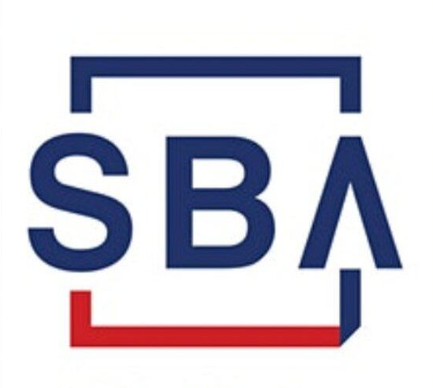Unmasking SBA Grant Scams: Protect Your Business and Finances from Fraudulent Schemes
Fraud rates are escalating, with reported losses surging to $8.8 billion in 2022, marking a 30% increase from the previous year. Among these scams, imposter schemes, where individuals pose as representatives of businesses or federal agencies, top the list. Throughout the pandemic, opportunistic fraudsters targeted vulnerable business owners, posing as lenders and offering deceptive disaster loans or illicitly applying for Paycheck Protection Program (PPP) loans.
For small business proprietors, staying vigilant about scams, particularly those related to Small Business Administration (SBA) loans, is crucial. These scams can manifest in various ways, from impersonating SBA agents to deploying phishing tactics and establishing fraudulent businesses.
Here’s a comprehensive guide on SBA Grant scams, equipping you with knowledge on how to thwart fraud and safeguard your business and finances.
Understanding SBA Loans
Given that small businesses constitute 99% of all U.S. businesses, the U.S. Small Business Administration plays a pivotal role in assisting entrepreneurs and small business owners. The SBA, a federal government agency, aims to facilitate funding for small businesses by backing loans provided by financial institutions or nonprofits. This backing serves as a guarantee, increasing the likelihood of lenders extending loans to small business owners.
Various SBA programs and loans, such as SBA 7(a) and SBA 504, exist to support businesses struggling to secure funding elsewhere. However, the application process for these loans can be intricate and time-consuming.
How SBA Grant Scams Operate
SBA loan scams encompass diverse tactics employed by fraudsters to swindle individuals or businesses out of money. Common scams include:
Phishing Scams: Scammers send deceptive emails appearing to be from the SBA or legitimate lenders, seeking personally identifiable information like Social Security numbers and bank details.
Advance-Fee Scams: Fraudsters request upfront fees for loan processing or approval, vanishing once the fee is paid, leaving applicants without a loan.
False Promises of Guaranteed Approval: Scammers pledge loan approval or easy access to SBA loans, even for ineligible businesses, in exchange for fees or personal information.
Impersonation of SBA Lenders: Scammers pose as legitimate SBA lenders or loan brokers, using fake websites or phone numbers to trick business owners into divulging personal and financial information.
Loan Modification Scams: Fraudsters target businesses with existing SBA loans, promising to modify loan terms in exchange for upfront fees but failing to deliver.
These examples underscore the importance of diligence and thorough research before applying for a loan or sharing personal information with a lender. Notably, the SBA does not initiate contact with businesses or individuals about loans or request information already submitted in an application.
Tips to Avoid SBA Grant Scams
Protect yourself from fraud by staying informed and following fraud alerts from the SBA or your lender. Additional tips include:
Research the Lender: Before engaging with an SBA lender, or if you’re seeking a small business loan, conduct thorough online research. Check reviews on third-party sites like TrustPilot or the Better Business Bureau to verify the legitimacy of the lender.
Be Wary of Unsolicited Offers: If someone unsolicited claims to be an SBA lender or agent, exercise caution. The SBA does not contact businesses that haven’t applied for an SBA loan. Be skeptical of offers for high-interest bridge loans from unfamiliar contacts.
Verify the Lender’s Identity and Credentials: When contacted by a lender, verify their identity by scrutinizing email addresses and content for anomalies. Check logos, such as the SBA logo, for irregularities in font size or color. Ensure that any application-related information matches.
Avoid Upfront Fees: Never pay upfront fees when applying for an SBA loan or working capital advance. The SBA regulates broker fees to 3% for loans under $50,000 and 2% for loans up to $1 million, with an additional quarter fee for amounts exceeding that. Be cautious if a supposed SBA lender demands higher fees.
Protect Sensitive Information: Exercise caution when sharing sensitive data, such as Social Security numbers. Submit such information only on secure sites and verify the legitimacy of the lender before applying.
What to Do If You Have Been Scammed
If you suspect an SBA Grant scam or have fallen victim, report scam to Fraud Recovery Experts. File a Complaint with us and get a free consultation on recovering lost funds.
Visit our Facebook Page

